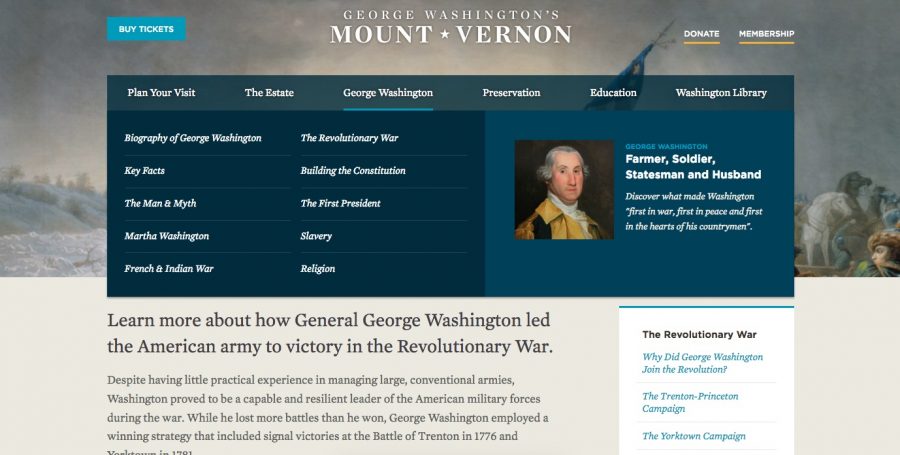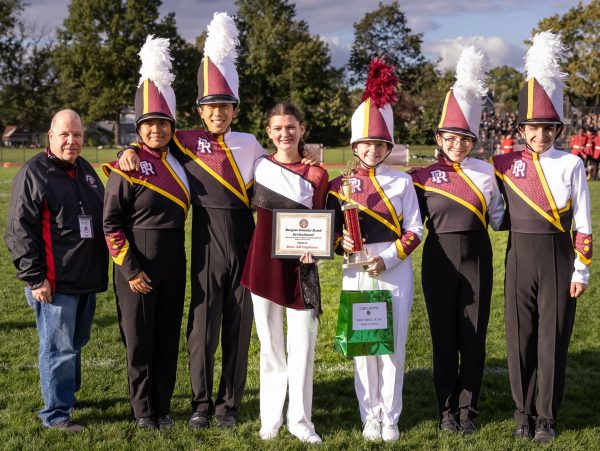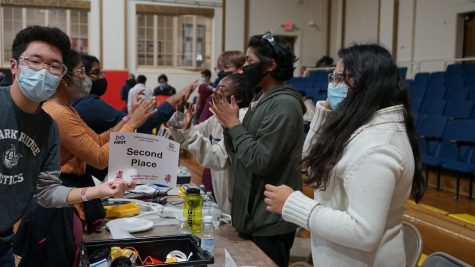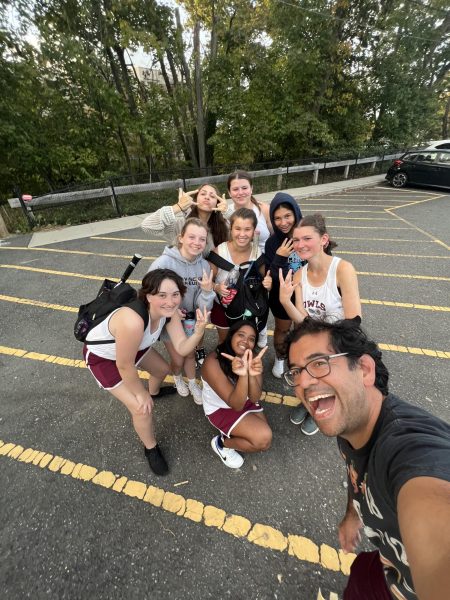Blocked Websites: Students Experience Difficulty Conducting Research
Without a clear solution, research will continue to frustrate students
Are you ever working on an assignment where internet research is required and you find the perfect website, but then find it is blocked? Well, this is an inconvenience that can affect both the quality of students’ sources, and lengthen the time that students take on assignments. Based on my conversations with fellow classmates, we have all experienced this issue. Junior, Ann Griffith, says that this happens to her quite often and that, “It makes [her] very frustrated.” Sophomore, Theresa Craffey, shared similar sentiments, saying, “It makes [her] upset because [she] can’t use the website.” Blocking and filtering websites may appear harmless at first, but it can have significant impact on the classroom experience and the research process. It can lengthen and delay student progress. When working on research activities, it can take an extra five to ten minutes to search for another source that can replace a reputable, but blocked source. Filters may also affect the quality of student work. Sometimes, blocked sources can, ironically, force you to depend on a less reliable source.
This issue is caused by the kind of filter that the technology department uses, which tracks down websites that should be blocked using particular keywords. According to Dr. Bernardo, Supervisor of Instructional Technology, “weird combinations of keywords cause websites that could be educational to be blocked.” Furthermore, additional websites might be blocked based on the ads that are embedded within the pages. Of course, keywords and ads may result in educational websites, such as museums or news organizations, being blocked from student use. Mrs. Haake, our Media Specialist, shared that she has seen, “useful or reputable sources being blocked by the filter,” first-hand.
Unfortunately, based on the design of the filter, there are no clear solutions to this issue. Media Specialist, Mrs. Haake says that, “What not to do is to ignore it and go onto another website.” The first thing that you should do is tell your teacher. Sometimes they do not even know which websites are and are not blocked when students are independently researching. Mr. Andresen, Social Studies teacher, explained that, “when we do independent research, or we ask students to explore and research about a topic of their choosing, we do not really know the full extent of blocked sources unless students tell us. I have seen students struggle and become frustrated before, but it was not until we started creating class-lists for unblocking that I realized how many reputable sources were being denied. Mrs. Haake also advised students to create a list full of websites that they think should be unblocked, then once they have quite a few of them, to send them into the technology department to be evaluated. Even though you may not be able to use the website that was blocked for the assignment that you are currently working on (especially if the assignment is short-term), you or another student may be able to use it in the future. Telling your teacher or creating a list will allow them to be aware that you might have difficulty finding a decent source. They could also possibly recommend an alternative source to you. Additionally, Dr. Bernardo said that students could and should email him websites that they want unblocked, as well.
This does not really solve the problem, though, these solutions may provide temporary relief to a student having difficulty researching a topic. The issue is definitely challenging and is a tough one to solve, but hopefully a proper solution will be found sometime in the future. Until then, as Mr. Andresen shared, “the concern is we may become further frustrated with the process of research – which is a very, very important skill for all of us to build.”






